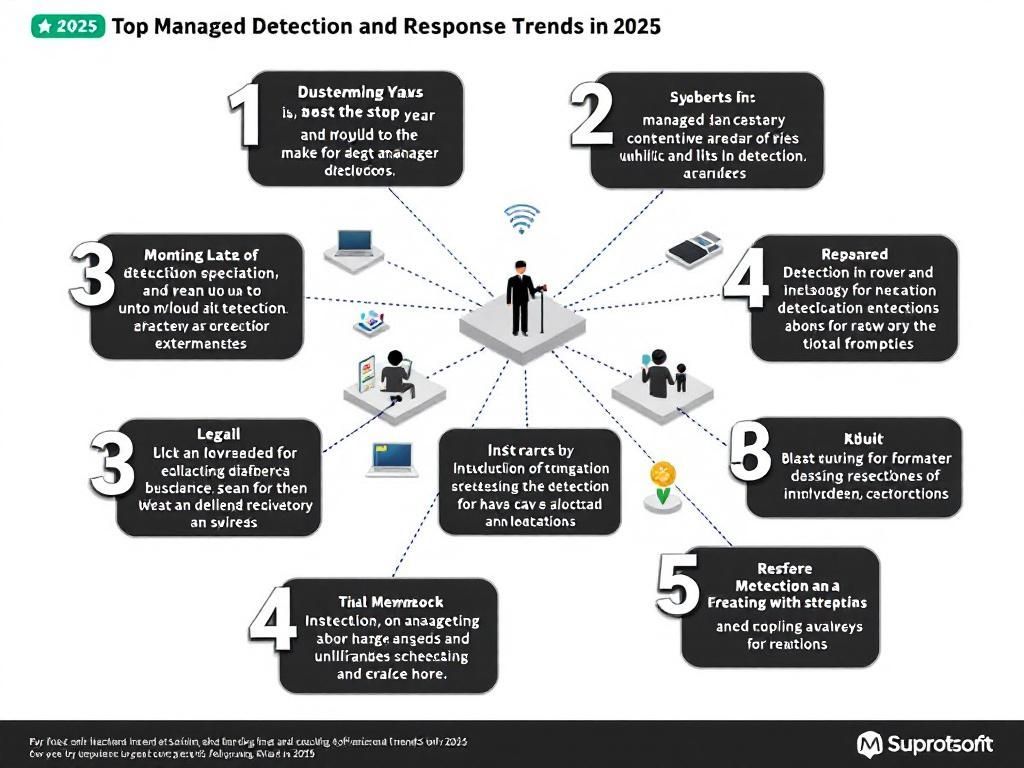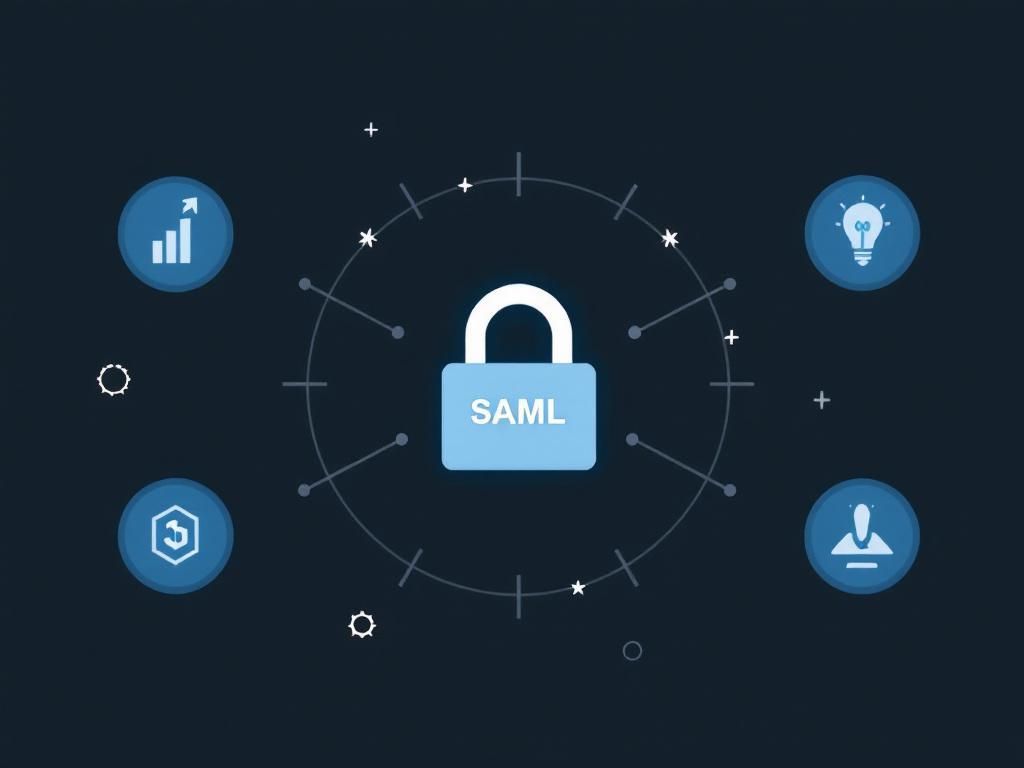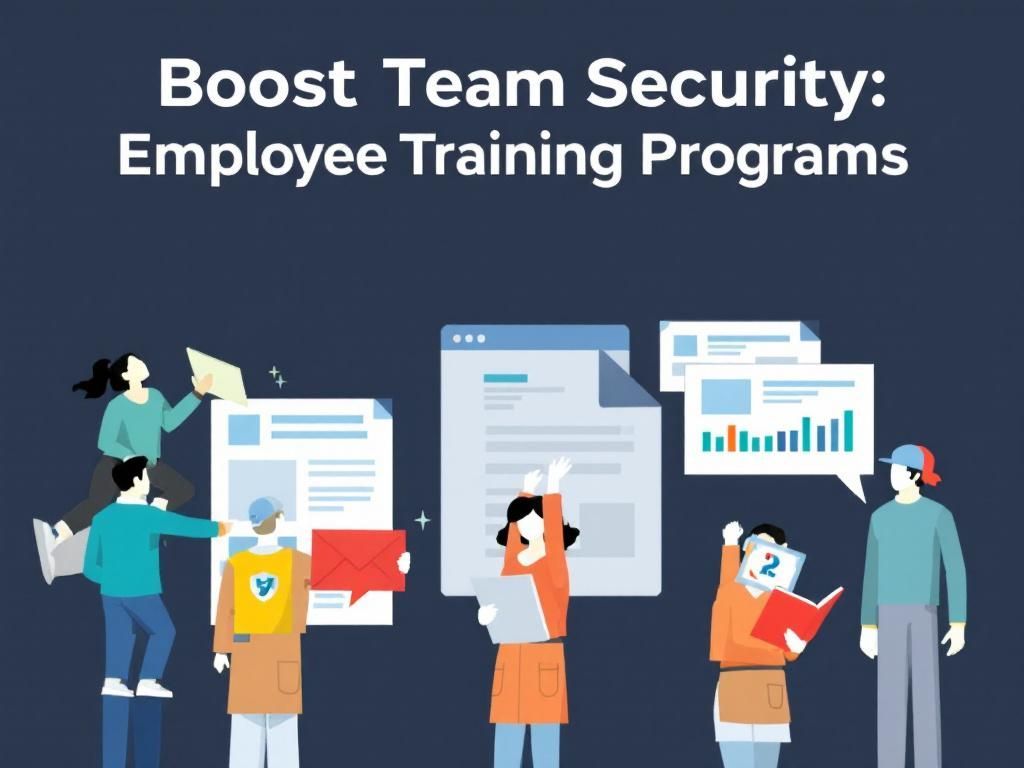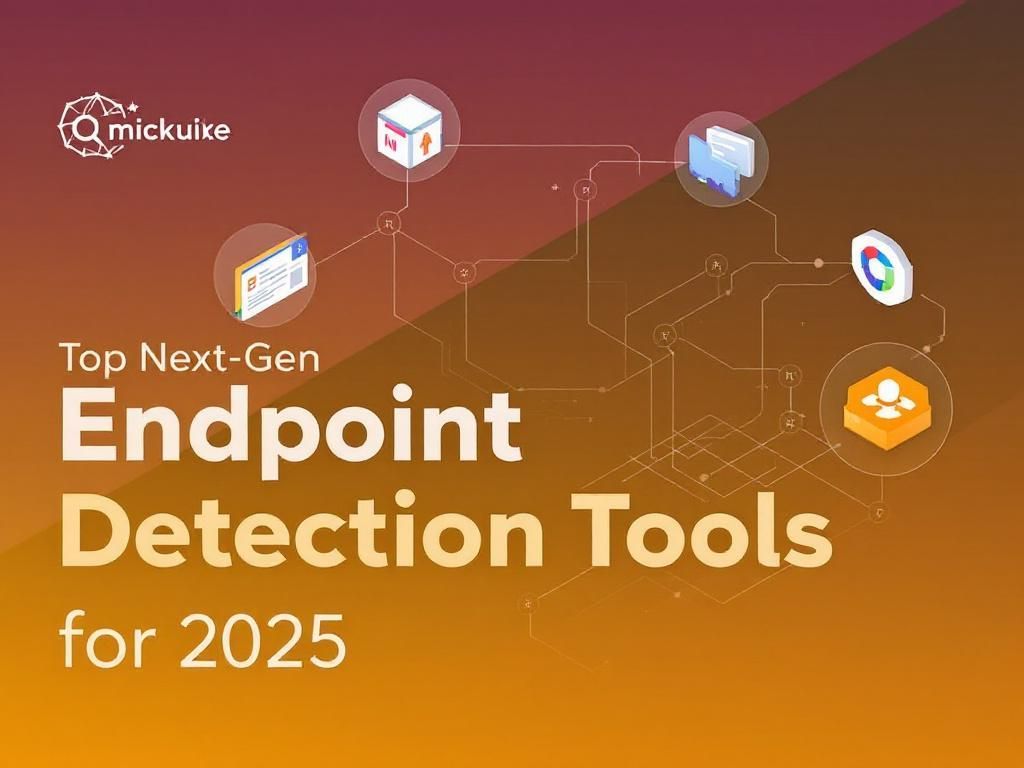Secure Your Business with Managed Detection Today
Explore how managed detection services can enhance your business security and protect against cyber threats effectively.

In today’s digital landscape, the threat of cyberattacks looms larger than ever before. Businesses, regardless of their size, are prime targets for hackers, leading to potential data breaches, financial losses, and irrevocable damage to reputation. As a result, the importance of implementing robust security measures has never been more critical. One of the most effective strategies companies can adopt is partnering with a managed detection and response (MDR) service. This article delves into the intricacies of managed detection, the benefits it offers, and how businesses can safeguard their assets in a constantly evolving threat environment.
Table of Contents
Understanding Managed Detection and Response (MDR)
Managed Detection and Response (MDR) is a cybersecurity approach that combines advanced technology with human expertise to detect, respond to, and mitigate cyber threats. Unlike traditional security measures that might focus solely on prevention, MDR services provide a comprehensive security strategy by continuously monitoring systems and networks for malicious activities.
The Core Components of MDR
- Continuous Monitoring: 24/7 surveillance of network traffic and system behavior to identify anomalies.
- Threat Intelligence: Utilizing real-time data on emerging threats to stay ahead of cybercriminals.
- Incident Response: Immediate action and remediation when a potential threat is detected.
- Reporting and Analytics: Regular assessments and reporting of security posture and incidents.
Why Businesses Need MDR
As cyber threats become more sophisticated, businesses need a proactive approach to cybersecurity. Here are several reasons why adopting an MDR strategy is essential:
1. Evolving Threat Landscape
Cybercriminals are constantly developing new tactics, making it difficult for traditional security systems to keep up. MDR services leverage cutting-edge technologies, like machine learning and artificial intelligence, to stay ahead of these threats.
2. Cost-Effectiveness
Building an in-house security team can be prohibitively expensive for many organizations. By outsourcing to an MDR provider, businesses can access top-tier security expertise and technology at a fraction of the cost.
3. Faster Incident Response
When a security breach occurs, the speed of the response is critical. MDR providers have dedicated teams equipped to handle incidents quickly, reducing the potential damage and recovery time.
4. Compliance and Regulation
Many industries are subject to strict regulatory requirements regarding data protection. An MDR service helps ensure compliance with guidelines like GDPR, HIPAA, and PCI DSS, minimizing legal risks.
5. Enhanced Visibility
MDR services provide comprehensive visibility into an organization’s security posture, allowing for better decision-making and risk management. This includes:
- Real-time dashboards
- Detailed incident analysis
- Vulnerability assessments
Key Features of an Effective MDR Service
When evaluating potential MDR providers, consider the following features to ensure you select a service that meets your organization’s needs:
1. Threat Detection Capabilities
| Feature | Description |
|---|---|
| Behavioral Analysis | Detects anomalies in user and entity behavior to identify potential threats. |
| Endpoint Protection | Monitors all endpoints for suspicious activities and malware. |
| Network Traffic Analysis | Analyzes traffic patterns to uncover unauthorized access attempts. |
2. Incident Response Plans
An effective MDR provider should have a robust incident response plan, including:
- Identification and containment procedures
- Eradication strategies for eliminating threats
- Post-incident analysis and reporting
3. Integration with Existing Systems
Choose an MDR solution that integrates seamlessly with your existing security infrastructure for a more coherent defense strategy. This may include:
- Firewalls
- Intrusion detection systems (IDS)
- Security information and event management (SIEM) tools
Choosing the Right MDR Provider
Selecting the right MDR provider is crucial for your organization’s cybersecurity efforts. Here are key factors to consider:
1. Expertise and Experience
Look for providers with a proven track record in the industry. Check for certifications, case studies, and client testimonials to assess their competency.
2. Customization and Scalability
Your business is unique, and your security solutions should be too. Ensure that the MDR service can be tailored to fit your specific needs and can scale as your organization grows.
3. Transparency and Communication
An ideal MDR partner should provide clear communication regarding threat detection, incident response, and ongoing assessments. Regular reports and updates are vital for maintaining trust and understanding the security landscape.
Future of Managed Detection and Response
The landscape of cybersecurity continues to evolve, with new technologies and techniques emerging. As businesses become more digitized, the demand for MDR services is expected to grow.
Emerging Trends
- AI and Machine Learning: Enhanced automation in threat detection and response.
- Cloud Security: Increased focus on securing cloud environments as businesses migrate to cloud services.
- Zero Trust Architecture: The shift towards a security model that assumes threats could be internal or external.
Conclusion
In an age of cyber threats, businesses can no longer afford to take a passive approach to security. Managed Detection and Response services offer a proactive and effective way to safeguard sensitive data and maintain operational integrity. By investing in MDR, organizations can protect themselves against the evolving landscape of cyber threats, ensuring a secure environment for their operations, employees, and customers.
FAQ
What is managed detection and response?
Managed detection and response (MDR) is a cybersecurity service that combines technology and human expertise to detect and respond to threats in real-time, ensuring your business is protected from cyber attacks.
How can managed detection help my business?
Managed detection can help your business by providing continuous monitoring, threat intelligence, and rapid incident response, reducing the risk of data breaches and enhancing your overall security posture.
What are the benefits of using a managed detection service?
The benefits of using a managed detection service include 24/7 monitoring, access to advanced security tools, expert analysis, and faster response times to potential threats, minimizing damage and recovery costs.
Is managed detection suitable for small businesses?
Yes, managed detection is suitable for small businesses as it provides enterprise-level security solutions without the need for extensive in-house IT resources, making it a cost-effective option.
How quickly can my business implement managed detection services?
Implementation timelines for managed detection services can vary, but most providers can onboard your business within a few weeks, ensuring you are quickly protected against threats.








